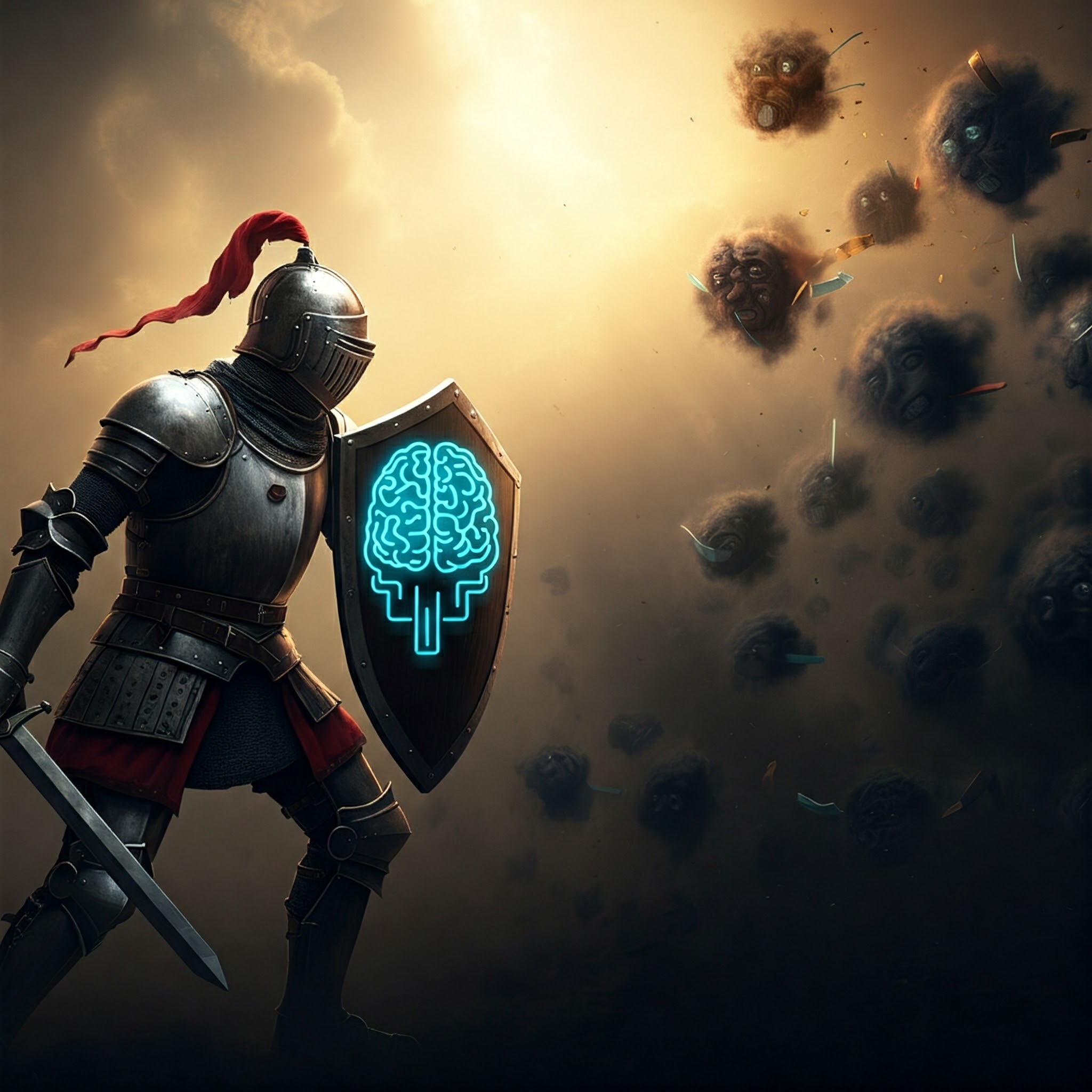We live in an era where information flows like water, gushing from our phones, laptops, and TVs. Every day, we’re inundated with news stories, social media posts, videos, and opinions – a relentless torrent of data battling for our attention. But how can we navigate this flood without drowning in a sea of falsehoods? The answer lies in cultivating critical thinking.
Critical thinking is more than just being skeptical; it’s a conscious, active process of analyzing information objectively. It’s about dissecting arguments, questioning assumptions, and forming judgments based on reason and evidence. In a world where misinformation and disinformation run rampant, critical thinking is no longer a desirable skill; it’s an essential life raft.
The Insidious Nature of Misinformation and Disinformation
While misinformation and disinformation pollute the information ecosystem, they differ in intent. Misinformation is false or inaccurate information spread unintentionally, often due to misunderstanding or carelessness. Disinformation, however, is a deliberate weapon crafted to deceive and manipulate. Both can have devastating consequences.
Misinformation can erode public trust in institutions, leading to cynicism and apathy. It can also fuel harmful trends, like the anti-vaccination movement, which has caused a resurgence of preventable diseases based on unfounded fears. Disinformation, with its more malicious intent, can be even more destructive. It can sway elections, incite violence, and deepen social divisions. Remember the “Pizzagate” conspiracy theory? A fabricated story about a child trafficking ring operating out of a pizza parlor led to real-world violence, highlighting the very real danger of disinformation.
Sharpening Your Critical Thinking Sword
So, how do we arm ourselves against the onslaught of misinformation and disinformation? Here are some key strategies to hone your critical thinking skills:
- Embrace the Question Mark: Cultivate a questioning mindset. Don’t passively absorb information; actively engage with it. Who created this content? What is their purpose? What evidence supports their claims? Are there alternative perspectives?
- Source Scrutiny is Key: Pay close attention to the source of information. Is it a reputable news organization with a track record of accuracy or a website with a clear bias or hidden agenda? Consider the author’s expertise and potential conflicts of interest.
- Demand Evidence, Not Emotions: Don’t be swayed by emotional appeals or captivating narratives. Look for concrete evidence, verifiable facts, and logical reasoning. Be wary of anecdotal evidence, which can be misleading and unrepresentative.
- Know Thyself: We all have biases that can cloud our judgment. Acknowledge your own preconceptions and strive for objectivity. Challenge your own beliefs and be open to changing your mind when presented with compelling evidence.
- Patience is a Virtue: Avoid jumping to conclusions. Take the time to thoroughly analyze information, consider different viewpoints, and weigh the evidence before forming an opinion.
- Become a Fact-Checking Ninja: When in doubt, verify! Utilize reputable fact-checking websites like Snopes, PolitiFact, and FactCheck.org to assess the accuracy of claims.
Reaping the Rewards of Critical Thinking
Developing strong critical thinking skills is an investment that pays dividends in all areas of life. It empowers you to:
- Make Informed Decisions: From choosing a political candidate to making healthcare choices, critical thinking enables you to evaluate information and make sound decisions based on reason and evidence.
- Navigate the Digital Maze: In the age of social media and online echo chambers, critical thinking helps you sift through the noise and identify reliable sources of information.
- Become a Problem-Solving Pro: Critical thinking equips you with the tools to analyze problems, identify solutions, and evaluate outcomes effectively.
- Develop Stronger Communication Skills: By understanding logical fallacies and biases, you can construct stronger arguments and communicate more persuasively.
- Embrace Lifelong Learning: Critical thinking fosters intellectual curiosity and a thirst for knowledge, encouraging continuous learning and personal growth.
In conclusion, critical thinking is not just an academic exercise; it’s a crucial skill for navigating the complexities of the modern world. By arming yourself with essential thinking tools, you can become more informed, discerning, and empowered. So, the next time you encounter a news story, a social media post, or a persuasive argument, remember to engage your critical thinking skills. Don’t be a puppet; be an independent thinker who can sift through the noise and find the truth.






Leave a Reply